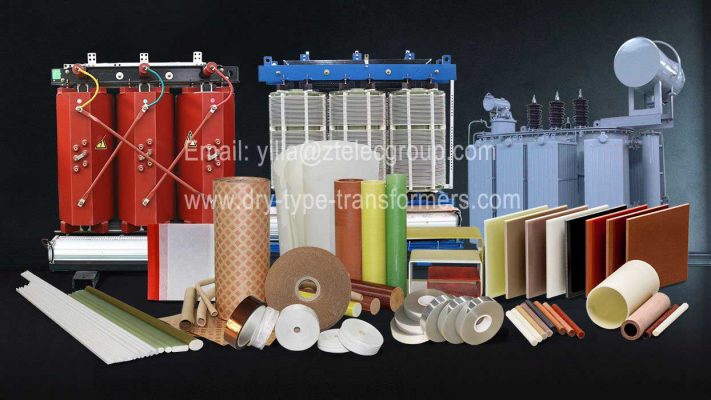Insulation Class Division of Transformer Insulation Material and Working Temperature
In most motor applications, various types of transformer insulation are often used. We can also know the overall insulation rating of the motor by the heat resistance rating of the insulated motor used. However, we must also note that since the motor is mainly for short-term work, the maximum allowable temperature of the insulating material is also increased according to the service life of the motor. In general, the insulation of the motor is divided into six grades: A, E, B, F, H, and C. The highest heat resistant temperatures of different grades of motors are also different.
Class A insulation materials include impregnated organic fiber materials such as cotton, silk and paper, as well as enamel on common enameled wires. Currently only used for transformers, Class A insulation allows a maximum operating temperature of 105 °C.
Class E insulation materials include polyester resin, epoxy resin, triacetate fiber, polyvinyl acetal high strength wire enamel paint, and the like. In small and medium-sized AC and DC motors, the maximum allowable operating temperature of E insulation is 120 °C.

Class B insulating materials include inorganic materials such as mica, asbestos, and glass filaments, and materials and compositions such as organic coatings or resins as binders, enameled wires on polyester high-strength enameled wires. Generally, for large and medium-sized synchronous motors and for small AC and DC motors, Class B insulation is allowed to operate at a maximum temperature of 130 °C.
F includes mica insulation, asbestos, glass and other inorganically modified organosilicon compound synthetic resin coatings, or heat resistance to meet this level of requirements for alkyd resins, epoxy bonding materials, materials made, or their In combination, the maximum allowable operating temperature for Class F insulation is 155 °C.
Class H insulation consists of silicone and inorganic materials such as mica, asbestos and glass filaments bonded to silicone coatings. Mainly used in applications where size and weight are required to be minimized, such as air motors, lift motor traction motors, and Class H insulation with a maximum allowable operating temperature of 180 °C.
Class C insulation materials include mica, quartz, glass filaments, etc., processed asbestos, fiberglass fabrics and other products with good thermal stability, polyimide impregnating varnish, etc., as well as polyimide enameled wire enamel, polyamide Amine film and the like. Insulation class C is a high insulation material that is currently in use and the maximum operating temperature is allowed above 180 °C.